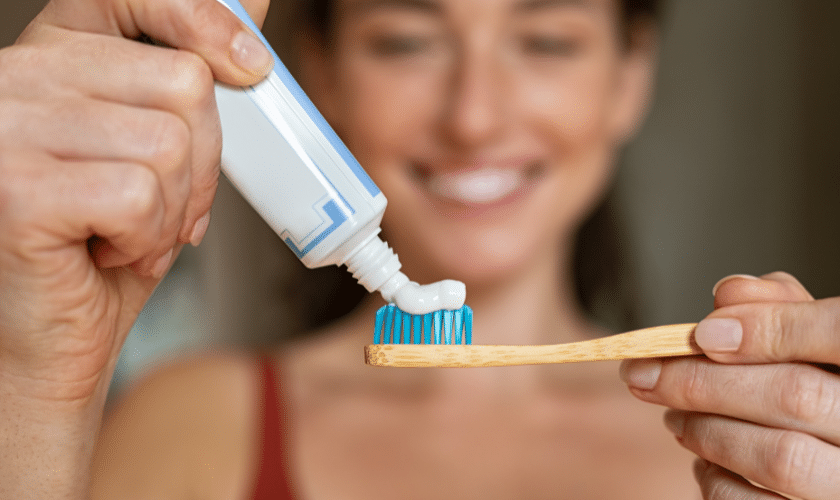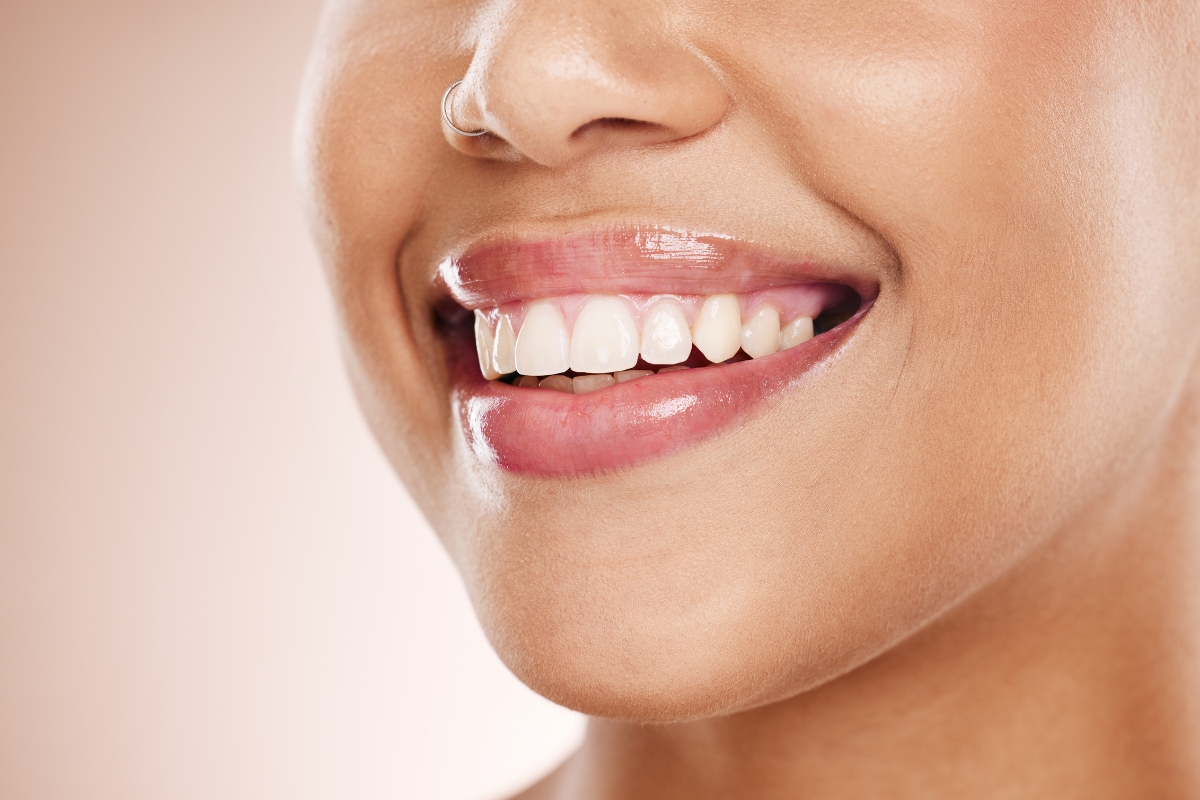Here’s What Happens When You Stop Using Fluoride Toothpaste?

For decades, fluoride has been a cornerstone of dental hygiene, praised for its ability to prevent cavities and maintain oral health. However, in recent years, concerns have been raised about its potential adverse effects. This has led to a growing number of people questioning the necessity of fluoride toothpaste. But what really happens when you stop using it?
In this informative and engaging blog, we’ll delve deep into the world of fluoride and explore what happens when you stop using fluoride toothpaste. We’ll debunk myths, uncover truths, and present insights from local experts, including a reputable Dentist in Havertown.
Understanding Fluoride: Let’s start with the basics. Fluoride is a mineral found in many natural water sources, as well as in certain foods and dental products. It’s known for its ability to strengthen tooth enamel and protect against cavities. Fluoride is especially beneficial for children, as it helps in the development of strong, healthy teeth.
The Debate: Despite its benefits, fluoride has also been the subject of controversy. Some argue that excessive fluoride intake can lead to dental fluorosis, a condition that causes discoloration of the teeth. Others are concerned about the potential impact of fluoride on overall health, including its links to thyroid problems and neurotoxicity.
What Happens When You Stop Using Fluoride Toothpaste?
Now, let’s address the big question: what happens when you stop using fluoride toothpaste? Contrary to popular belief, your teeth won’t suddenly start to rot. However, without the protective benefits of fluoride, you may be more susceptible to cavities and tooth decay.
Natural Alternatives: For those who are concerned about the potential risks of fluoride, there are natural alternatives available. These include toothpaste made from ingredients like baking soda, activated charcoal, and essential oils. However, it’s important to note that the effectiveness of these alternatives in preventing cavities has not been extensively studied.
Insights from a Local Dentist: To gain further insights, we reached out to a reputable Dentist in Havertown, known for their expertise in oral health. According to our expert, while fluoride is indeed beneficial for dental health, it’s not the only factor to consider. Good oral hygiene practices, such as brushing twice a day and flossing regularly, are also essential for maintaining healthy teeth and gums.
In conclusion, the decision to use fluoride toothpaste ultimately comes down to personal preference. While fluoride has proven benefits in preventing cavities and maintaining oral health, some individuals may prefer to avoid it due to concerns about potential risks. Whatever your choice may be, it’s important to consult with a dental professional to ensure that you’re taking the best possible care of your teeth and gums.
Recent Posts

How Age Impacts Your Cosmetic Dentistry Options

What Happens If You Ignore a Broken or Cracked Tooth?

Can Teens Get Invisalign? What Parents Should Know

What is the Fastest Way to Whiten Teeth Before a Wedding in Havertown?


